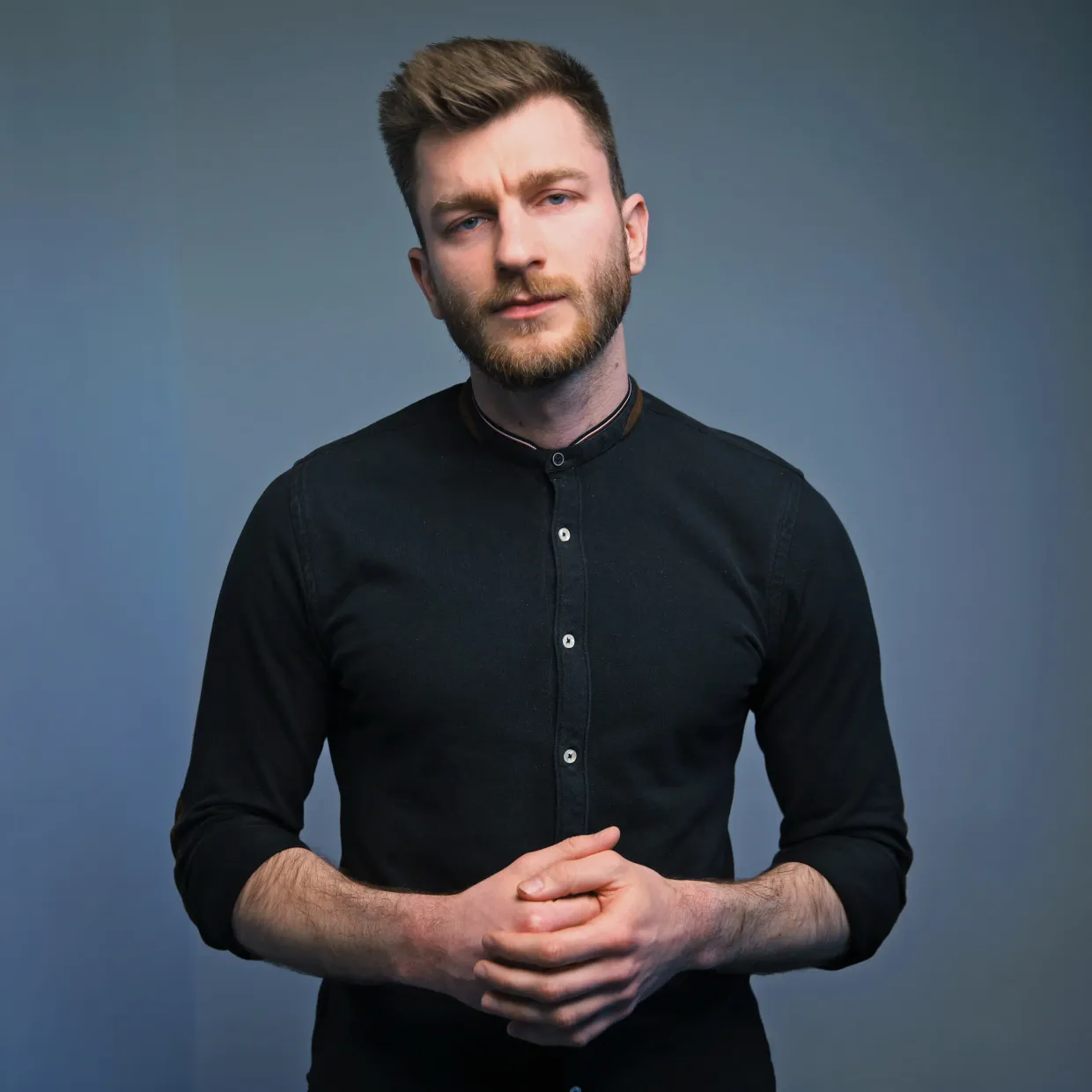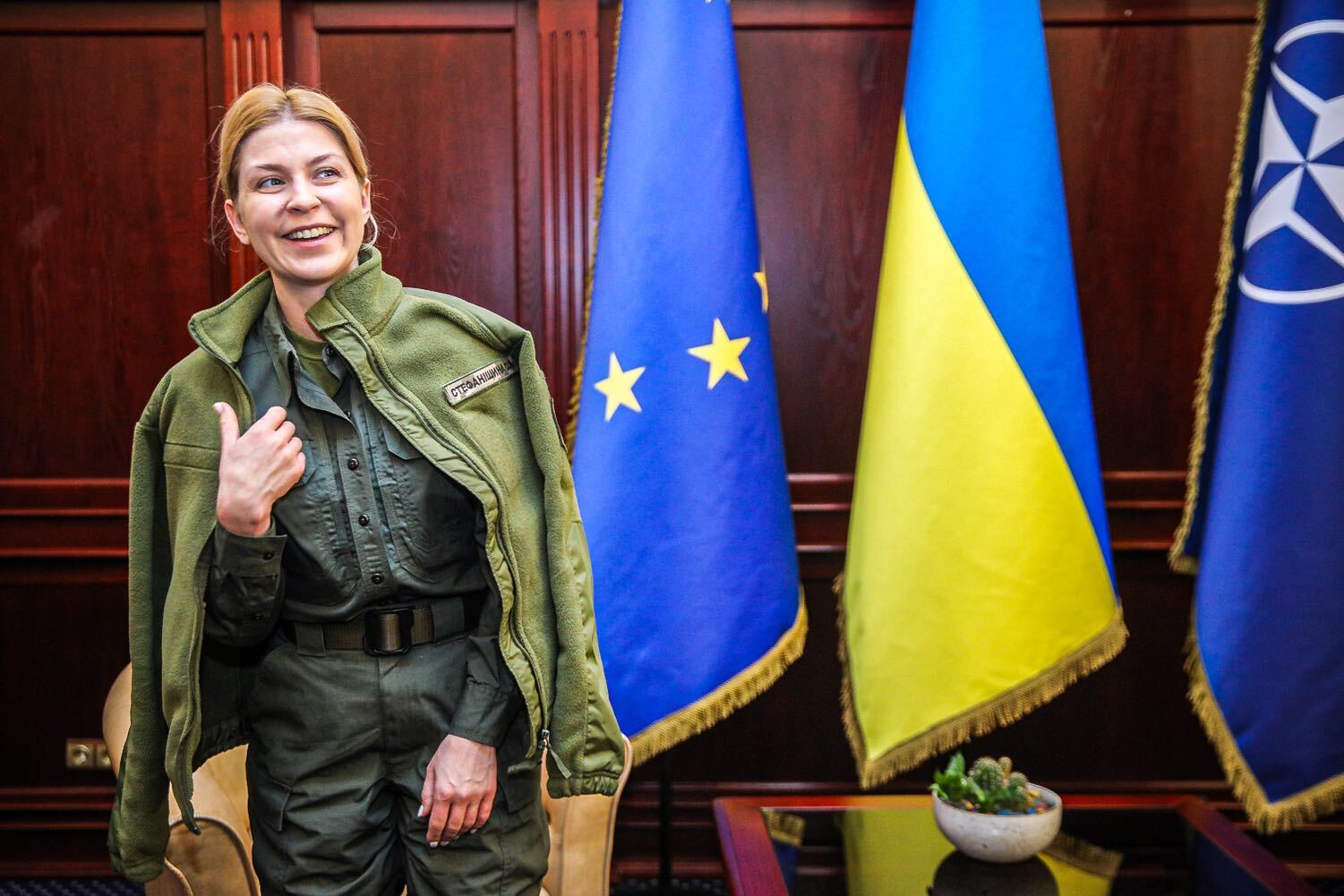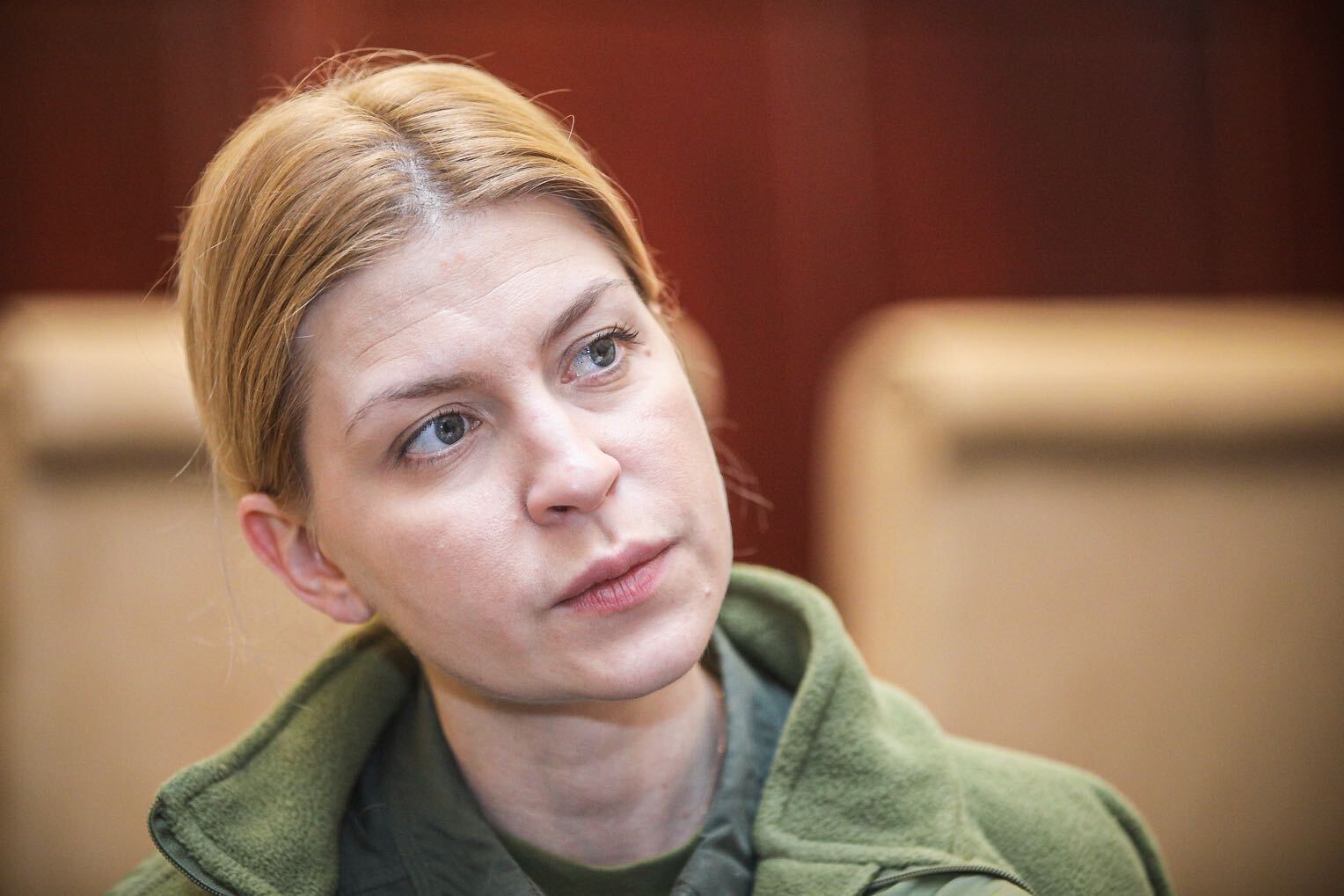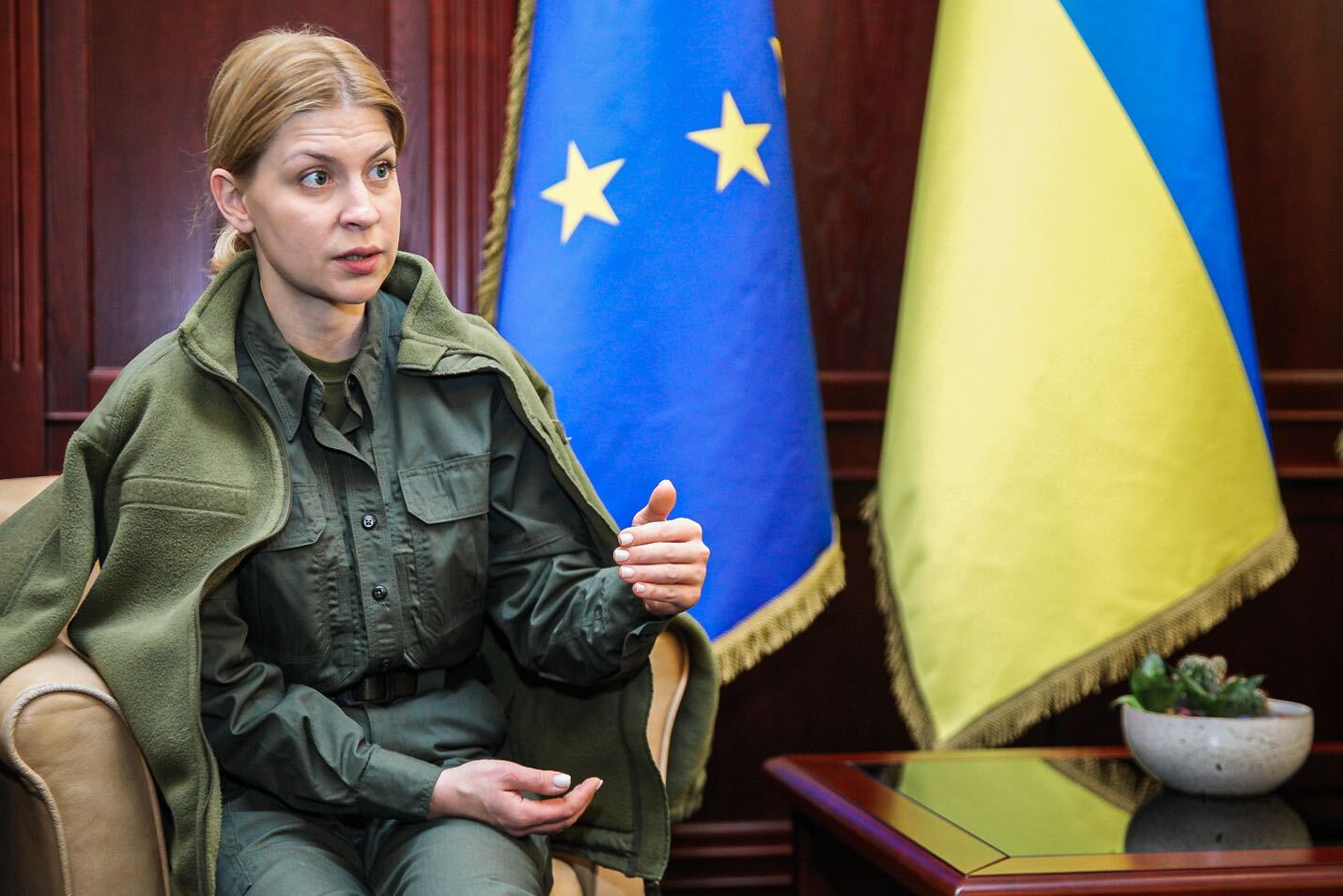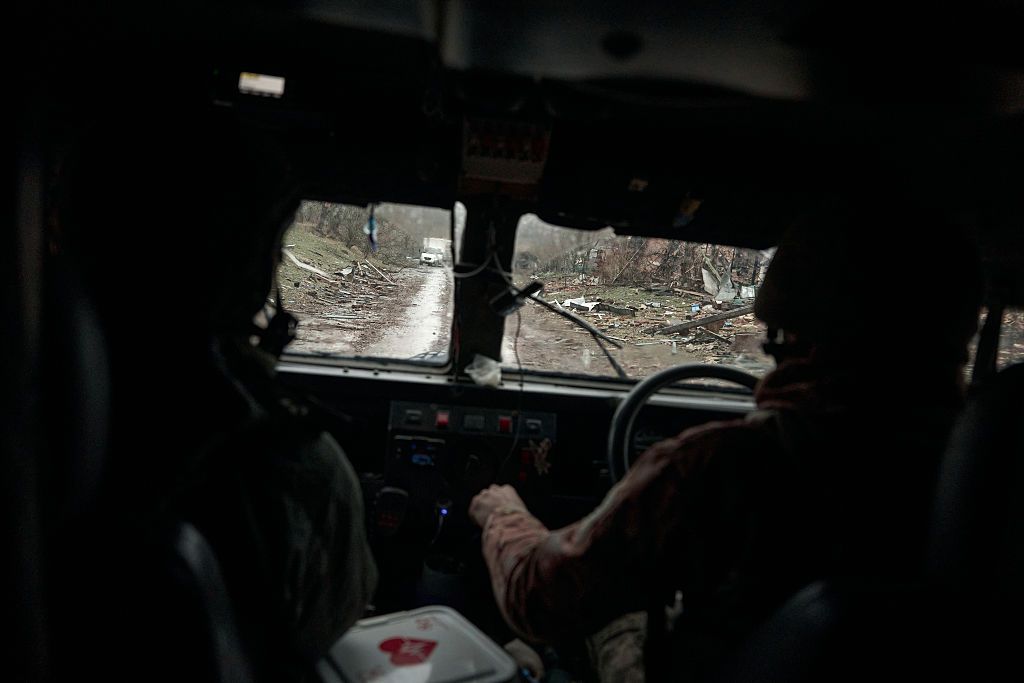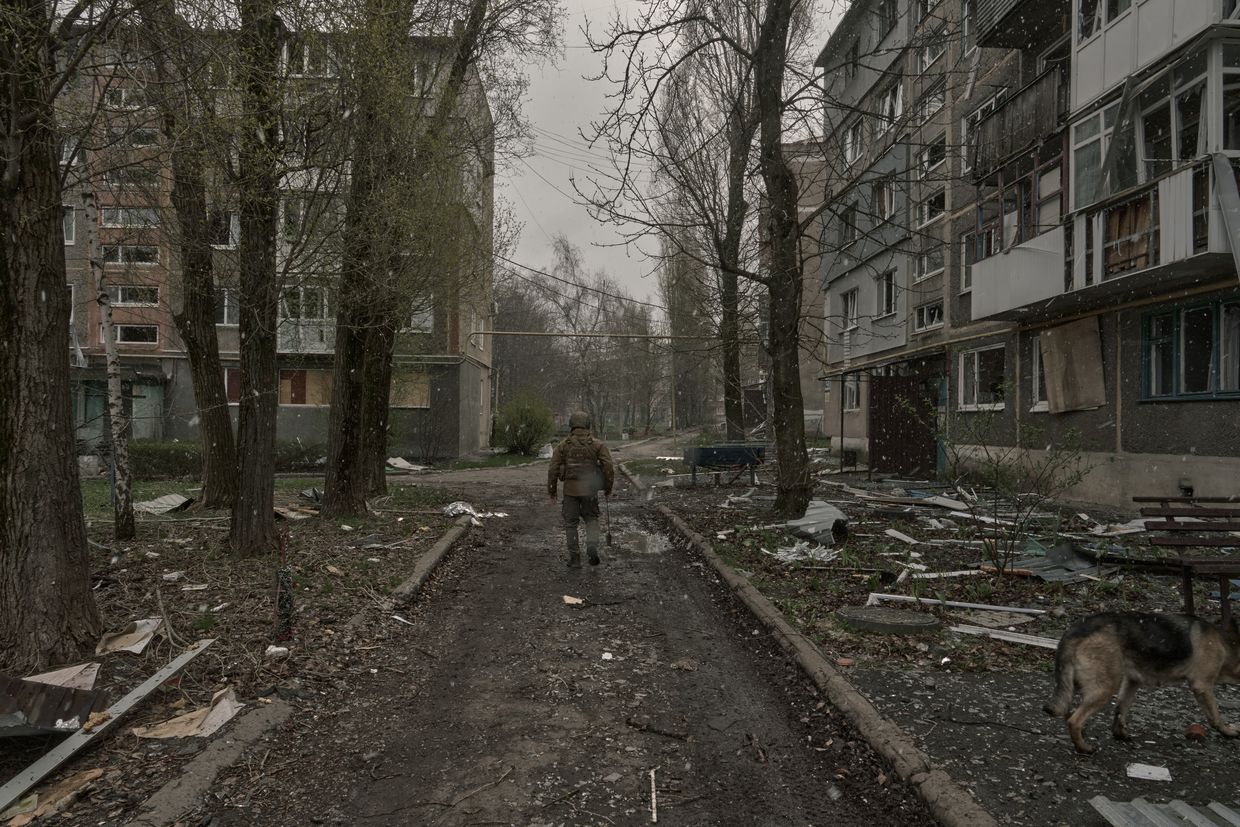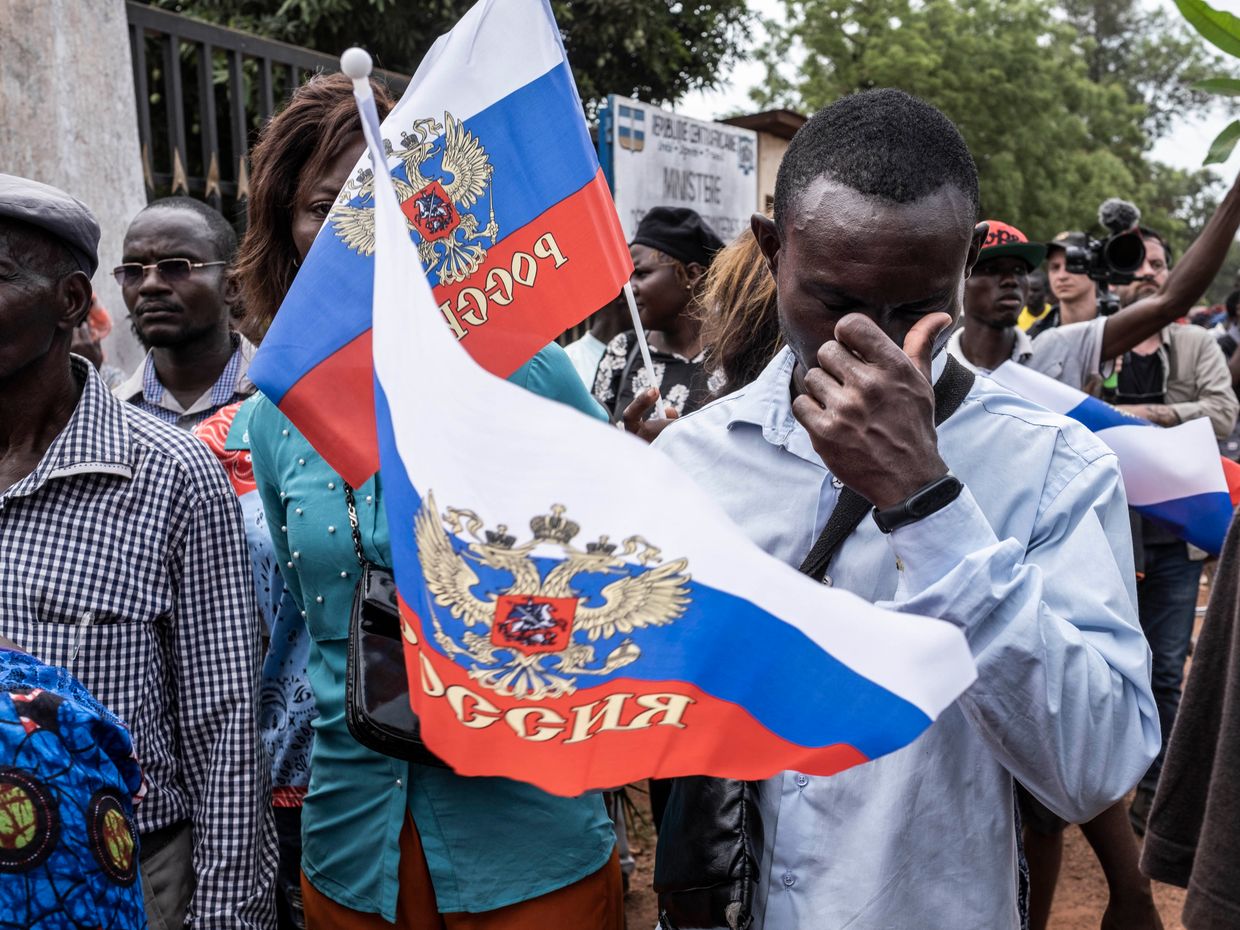Passing checkpoint after checkpoint, Ukraine's government quarter is a reminder the country is an active warzone.
In the heavily secured district, Ukraine's top officials continue to lead the country during Russia's full-scale invasion, now in its tenth month.
Among them is Deputy Prime Minister Olha Stefanishyna, 37. Amid the chaos of war raging in Ukraine's east and south, her focus is westward: She is in charge of one task -- to make Ukraine a member of the European Union.
After taking on a variety of government posts, she was appointed deputy prime minister for European and Euro-Atlantic Integration in 2020.
Her goal is to eventually see Ukraine in the EU. Observers have predicted Ukraine's ascension to the EU may take a decade. For Stefanishyna, that is far too long.
"The Decision on granting Ukraine the candidate status was first and foremost taken by the European Union in its own interest, to identify them as an important player on the global stage," Stefanishyna told Kyiv Independent.
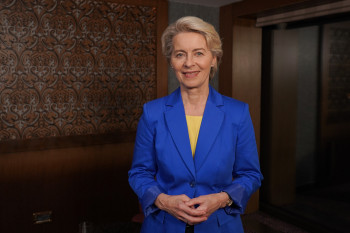
She says that with an extensive market, strong heavy industry, and a significant agricultural sector Ukraine is a desirable partner.
Stefanishyna understands that it takes a political will for 27 EU member states to eventually welcome Ukraine into the alliance.
But it's up to Ukraine to follow the set preconditions to make it harder for European countries to cut short Ukraine's aspirations, Stefanishyna says.
The conditions include judicial and anti-corruption reforms, implementing the anti-oligarch law, establishing transparency of media ownership and equal media market conditions, and drawing legislation on national minorities per EU principles.
"Given the fact that we want to join the European Union as soon as possible, we prioritize the seven recommendations and its implementation by the end of the year," she tells the Kyiv Independent this November, with zero of the seven fully implemented.
Vague requirements
European requirements needed to begin accession talks with Ukraine are vague. Ukraine's response to their implementation hasn't been any clearer.
Some requirements are simpler, and Ukraine began following them – appointing the head of the Special Anti-Corruption Prosecutor's Office and passing the laws on media and national minorities in the first reading – others are more difficult, and Ukraine has lagged, like in cleaning up Ukraine's judiciary and reforming the Constitutional Court, tasked with vetting the country's entire legislation.
"I coordinate and supervise all of these processes, and I'm pretty positive about the results on our side," says Stefanishyna.
"But we aren't able to proceed further without communication with the European Commission, the Council of Europe, their conclusions and opinions," she adds, referring to the fact that laws requested from Ukraine must pass a de facto approval from European institutions, which can take weeks or even months.
In the meantime, President Volodymyr Zelensky's led government is not shy in breaching some of the conditions, like appointing judges to the unreformed Constitutional Court.
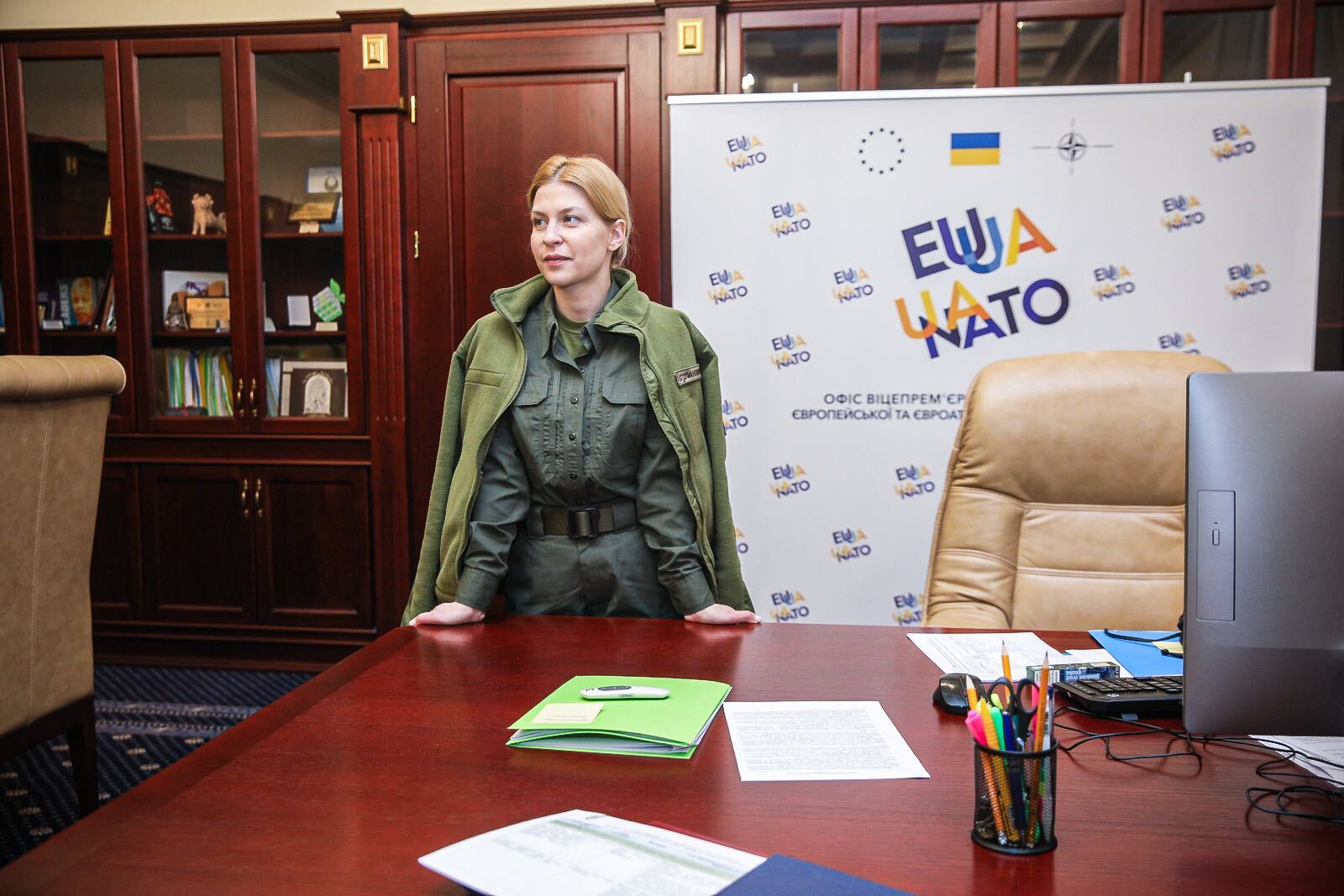
Deputy Prime Minister Olha Stefanishyna speaks with the Kyiv Independent in downtown Kyiv. (Kostyantyn Chernichkin)
The EU has remained mute on the issue, hoping to see an actual reform in the near future.
Stefanishyna says that reforms to the Constitutional Court will take place soon, with one of Ukraine's most controversial institutions having more secure "integrity checks" that will prevent it from going rogue.
In 2020, the Constitutional Court deemed online asset declarations unconstitutional, endangering Ukraine's entire anti-corruption legislation.
Hungary's expansion plans
One of the EU's seven conditions after granting Ukraine candidate status in July is the creation of a framework law on national minorities.
With the law itself being largely generic, offering rights and freedoms with little specificity, the question of national minorities in Ukraine remains a sensitive topic.
As Russia has used the "protecting Russian speakers" propaganda narrative to back its invasion of Ukraine, Hungary has long been using the Hungarian minority and language in Ukraine to cut Kyiv's desire for closer ties with the EU and NATO.
Hungarian Prime Minister Viktor Orban has shown a lukewarm attitude towards Russia and its leader Vladimir Putin while at the same time steadily tarnishing Hungary's ties with Washington, Brussels, and Kyiv alike.
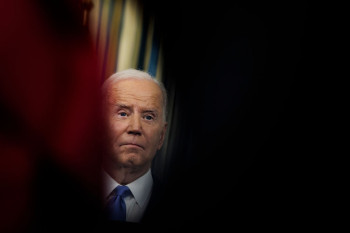
On Nov. 21, Orban showed up in public with a scarf depicting Hungary sliding out of its official state borders and showing parts of Ukraine as Hungarian. Ukraine summoned the Hungarian ambassador the following day.
Speaking before the incident with the Kyiv Independent, Stefanishyna was diplomatic about the Hungarian effort to undermine Ukraine's EU Euro-Atlantic integration.
"One of the most surprising and positive things I can say about Hungary is that Hungary has always supported Ukraine's European integration," she said.
"We know that there is an issue related to the right of education in the Hungarian language," said Stefanishyna, adding that Ukraine "can find a solution here."
"But of course, we cannot exclude the fact that it will be used as a political tool (by Hungary)," she said.
War, and peace on Ukrainian terms
Unlike Ukraine's desire to join the EU, where the country has strong European backing, Kyiv's NATO aspirations have largely been unanswered.
After Russia proclaimed the annexation of four partly occupied Ukrainian regions on Sept. 30, parts of which it had already lost, Ukraine responded by filing an official application to join NATO.
"We are de facto allies. De facto, we have already completed our path to NATO. Today, Ukraine is applying to make it de jure," Zelensky said on Sept. 30.
The plea fell flat.
U.S. National Security Adviser Jake Sullivan said Ukraine's application "should be taken up at a different time."
"We need to make sure that when we prevail on the battlefield, we are also able to protect ourselves from the next aggression which might take place," says Stefanishyna. "And being part of NATO is the most effective security guarantee for Ukraine."
Yet, Stefanishyna, as do many Ukrainians, understands that NATO membership isn't on the table.
She says Ukraine must win this war by itself, while the West must do everything it can to help Ukraine and prevent Russia from ever trying again.
"Nobody can put pressure on us, especially knowing that behind our backs are tens of thousands of victims, who died and suffered (because of Russia)," she says.
"We understand that the price everybody (in the world) is paying is high, but it's not the price for helping Ukraine, it is the price for holding Russia accountable (for war crimes)."
